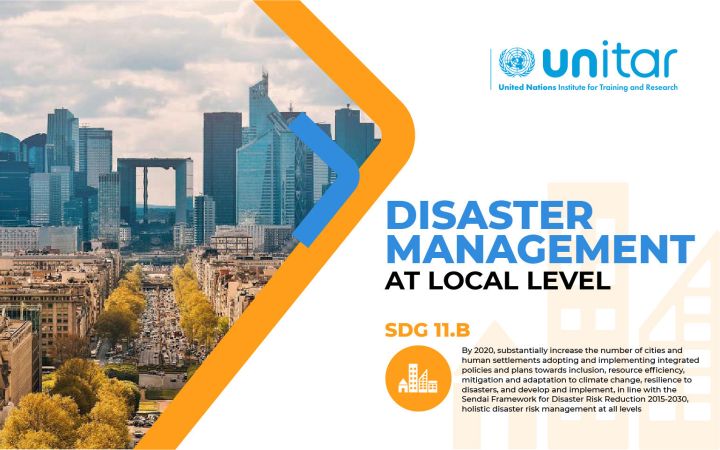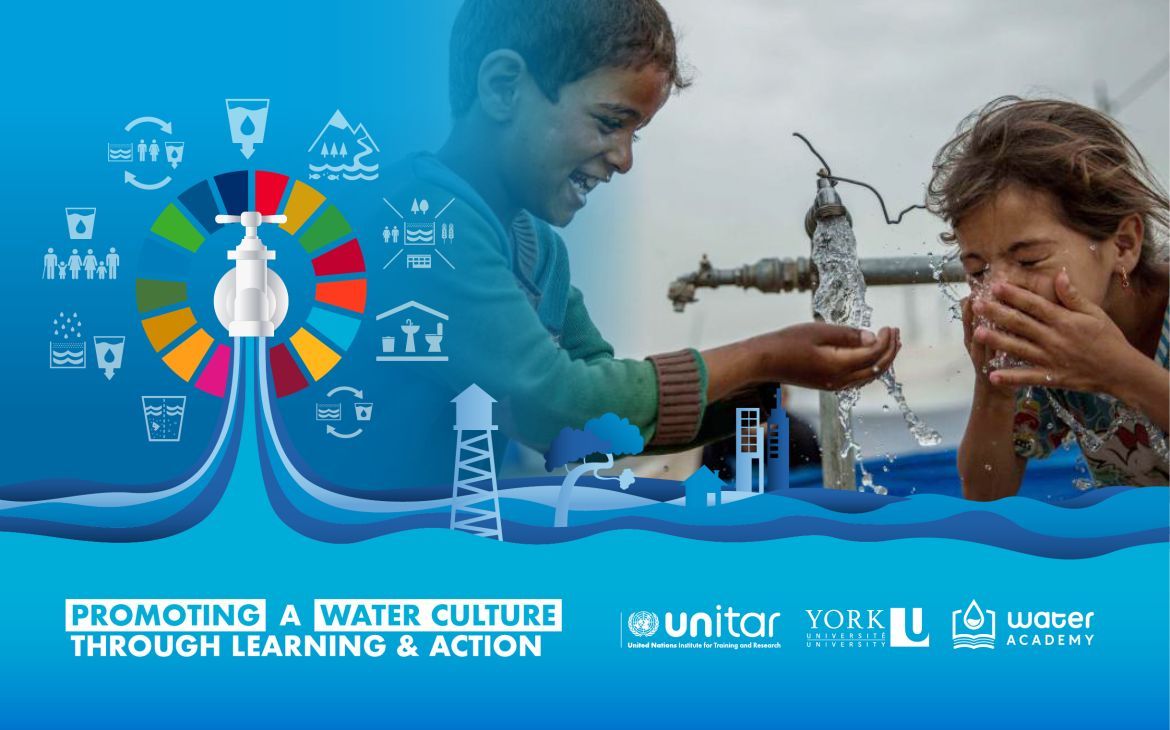About UNITAR
The United Nations Institute for Training and Research (UNITAR), established in 1963, serves as the training arm of the United Nations. As a specialized UN agency, it provides innovative learning solutions aimed at enhancing global decision-making and advancing the achievement of the Sustainable Development Goals (SDGs). UNITAR focuses on offering customized training to individuals and organizations, particularly in developing countries, including Least Developed Countries (LDCs) and Small Island Developing States (SIDS).
Aligned with the 2030 Agenda, UNITAR’s work centers on key pillars such as Peace, People, Planet, and Prosperity. In 2022, it delivered over 1,300 activities, benefiting nearly 400,000 learners, 79% from developing countries.
UNITAR operates with the goal of “leaving no one behind” and depends on voluntary contributions from donors such as UN Member States,
international organizations, NGOs, and the private sector.
UNITAR’s Role in the CIFAL Global Network
UNITAR is responsible for the oversight, coordination, and support of the CIFAL Global Network, ensuring that its operations align with the regulations of the United Nations, the UNITAR Statute, and the institute’s Strategic Framework, policies, and programmatic aspects. To fulfill this role, UNITAR provides continuous monitoring and evaluation to maintain high standards across the network. It also offers ongoing assistance in learning, thematic, programmatic, and operational areas, ensuring that CIFAL centres remain aligned with global priorities.
Additionally, UNITAR facilitates capacity building at the local, national and international level, through regular improvements, enhancing the quality and impact of CIFAL activities.
The institute also offers strategic advice and guidance to the network, ensuring that all operations and initiatives contribute effectively to the advancement of the Sustainable Development Goals (SDGs) and other global priorities.
UNITAR and the CIFAL Global Network collaborate on a wide range of impactful initiatives aimed at empowering communities and fostering
sustainable development across the globe. These joint efforts are closely aligned with the objectives of the 2030 Agenda for Sustainable Development
and the Sustainable Development Goals (SDGs). Through innovative training programs and capacity-building activities, they focus on promoting local
development, strengthening governance, and advancing social inclusion. The partnership’s work extends across various regions, engaging leaders
from government, civil society, and the private sector to create long-lasting, positive change in communities. By addressing key global challenges such
as poverty, inequality, climate action, and education, UNITAR and the CIFAL Global Network are driving transformative progress at both local and
international levels.
Road Safety
UNITAR’s Road Safety Initiative focuses on reducing road traffic deaths and injuries by supporting governments in reaching the Global Road Safety Performance Targets. The initiative aims to prevent at least 50% of traffic fatalities and injuries by 2030 through three core components: capacity building, public awareness campaigns, and fostering partnerships. This effort is in line with the Decade of Action for Road Safety 2021-2030.
Disaster Management
The Disaster Management initiative by UNITAR focuses on enhancing the resilience of communities through capacity-building at local levels. By aligning with the Sendai Framework for Disaster Risk Reduction and the Sustainable Development Goals (SDG 11.B), UNITAR offers training workshops and online courses to equip government officials and disaster management professionals with the tools needed to mitigate the impact of disasters.
Breastfeeding Initiative
The Global Breastfeeding Education Initiative (BFEI), launched in 2023, focuses on improving breastfeeding education and public awareness to achieve the goal of 70% of babies exclusively breastfed by six months by 2030. The initiative contributes to the Sustainable Development Goals (SDGs), particularly SDG2 (Zero Hunger) and SDG3 (Good Health and Well-being), by offering e-learning courses, training workshops, and stakeholder engagement to enhance knowledge and skills for both healthcare professionals and parents.
Water Academy
UNITAR’s Water Initiative addresses the global need for education and capacity-building around water management to support SDG 6 and the Water Action Agenda. Through its Water Academy, conferences, and training activities, the initiative promotes sustainable water management, knowledge transfer, and collaboration with academic and private sector partners. It focuses on building skills, fostering water ethics, and supporting vulnerable communities, such as Indigenous groups, in improving water management practices.




